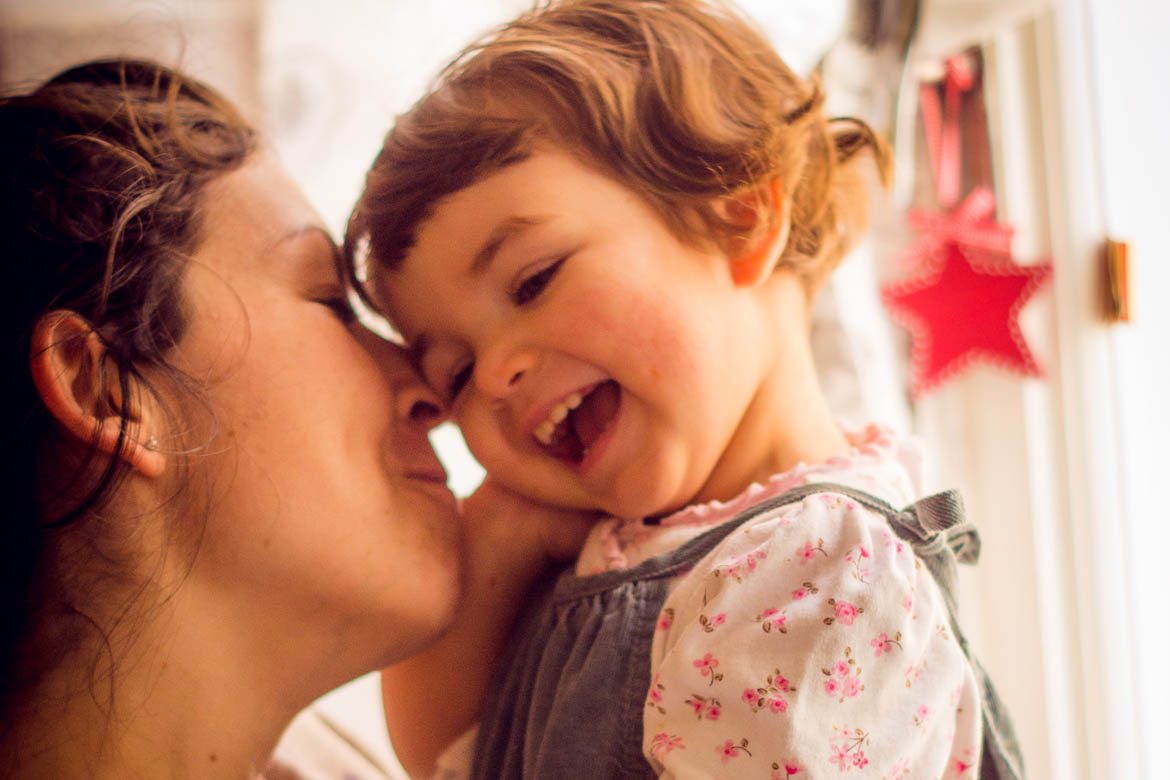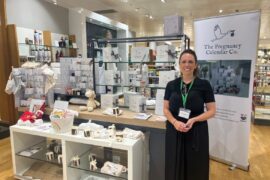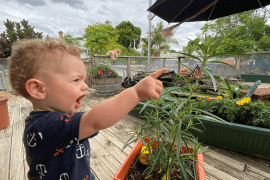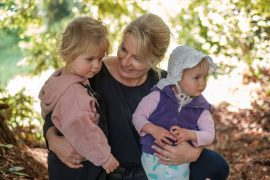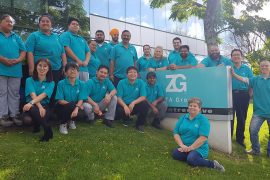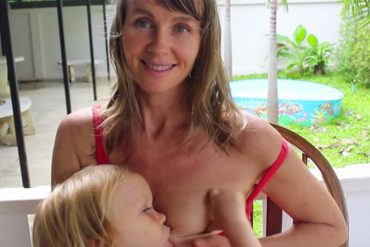Many industries are full of myths. And unfortunately there are a number of New Zealand employers who pay homage to many of them. In particular, the au pair industry in New Zealand is enshrined in its fair share of folklore. And like all myths, they are mythical in the true sense of the word.
Casey Muraahi from New Zealand’s very own Au Pair Link says the most common myth she hears is that only the rich and famous can afford live-in child care.
“Not so,” Casey says. “Au pairs provide a flexible form of child care on a very cost-effective model. Host families can have live-in home-based early childhood care for as little as $190 plus tax per week for up to four children. Parents with children at day care centers pay per child which can work out to be a lot more expensive.”
Another myth that arises is that au pairs are glorified housecleaners who know nothing about New Zealand’s early childhood education curriculum. Casey mentions that all Au Pair Link au pairs complete a comprehensive orientation course when they first arrive, covering such things as the early childhood curriculum, first aid training, positive child guidance and much more. Au pairs do have varying levels of childcare experience but it’s important to ensure all who are on Ministry of Education programmes have a minimum of 200 hours experience working with children. Responsible agencies ensure any cleaning the au pairs do is related to the children in the au pair’s care.
Likewise, not just anyone can become an au pair. Screening processes should include character and childcare reference checks, a personal interview to assess suitability and personality, as well as police and medical checks. There are also au pairs available that have an early childhood qualification from their home country or high levels of experience with children. She says Au Pair Link is the only au pair agency in New Zealand to provide a programme tailored to the skills of professional or highly qualified au pair candidates.
Many of the questions Casey gets from prospective customers are related to working hours and support from the agency. Au pairs are generally employed on a working week basis but they do understand that flexibility and working full time is a requirement of the programme. Forty-five hours a week can easily be customised to fit a host family’s schedule and more often than not au pairs are happy to provide occasional babysitting or care in the weekends at an agreed rate.
With responsible au pair agencies, host families and au pairs alike can expect a personal and ongoing support service including regular visits by a qualified early childhood teacher to the family home each month, Casey says.

